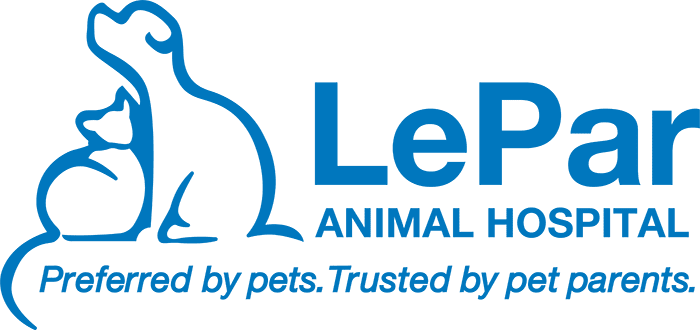

Veterinarians Caring for Your Dogs and Cats in Evergreen Park, IL
LePar Animal Hospital has served generations of pets and families in Evergreen Park, Oak Lawn, Palos, and neighboring suburbs, and we hope to serve generations more! Our animal hospital is accredited by the American Animal Hospital Association (AAHA) and staffed with Fear Free Certified veterinarians providing a multitude of services, from wellness and dental care to acupuncture, chemotherapy, and surgery. We also offer same-day appointments for pets with urgent medical problems. It’s a genuine pleasure to welcome your family into our practice and share in your special bond.
If you have a question about your pet or would like to schedule an appointment, reach out to us today by calling (708) 423-3200.
Get to Know Our Doctors at LePar Animal Hospital
Our Evergreen Park veterinarians are passionate about helping you care for your four-legged family. Together with the rest of our team, they work tirelessly to maintain the highest possible standards of care and service, while ensuring a low-stress environment that prioritizes your pet’s emotional as well as physical health needs. Click below to find out more about our vets!

LePar Animal Hospital is Hiring!
Do what you love with people who share in your passion. Browse our current veterinary job openings and externship opportunities and submit your application today!





